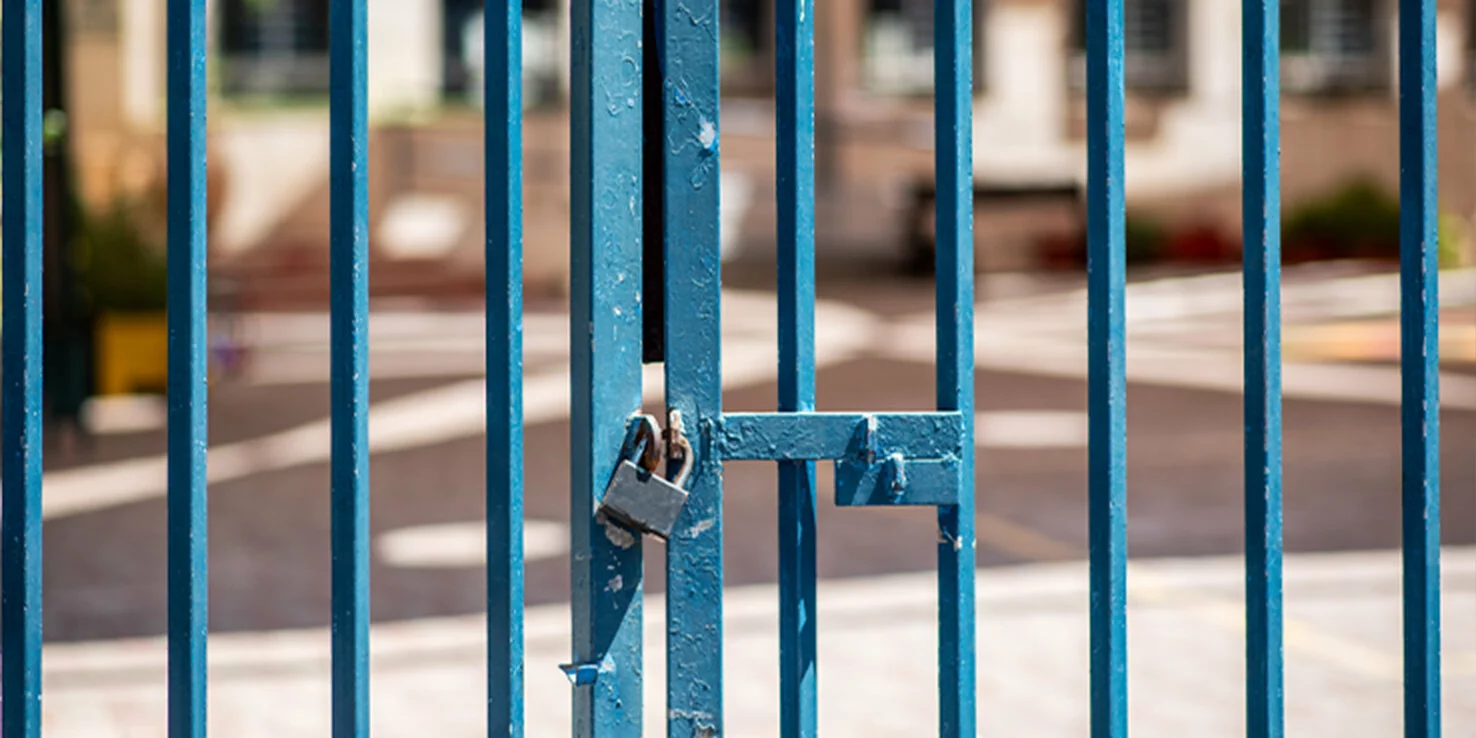
A Decade of School Consolidations in Puerto Rico Didn’t Hurt Test Scores, and Some Students Saw Achievement Gains
A new study of roughly 400 school consolidations shows that policymakers can boost student achievement while addressing demographic challenges
Underuse of school infrastructure and efforts to improve academic performance have led to school consolidation reforms in the US and internationally. Puerto Rico has experienced particularly intense challenges in this area, with enrollment in schools managed by the Puerto Rico Department of Education (PRDE) declining for the last three decades as a result of falling fertility rates.If recent trends hold, the number of students enrolled in PRDE schools in 2025 will be lower than the number of students that were enrolled at the beginning of the 20th century.
While a wave of school closures since 2010 has caused understandable concern for the wellbeing of affected students, a new study conducted by researchers at the Forward Society (FOS) Lab using PRDE data on nearly 400 schools and 650,000 students and their teachers shows that school consolidations can preserve–and even boost–students’ academic achievement when students are relocated to higher-performing schools with highly effective teachers.
“Our research shows that school consolidations don’t have to be bad news for relocated students, and in ideal circumstances can actually be highly advantageous,” said Dr. Gustavo Bobonis, FOS Co-Director and a member of three-person research team. Dr. Orlando Sotomayor of University of Puerto Rico – Mayagüez and Dr. Jessica Wagner Brown University are also authors of the study.
“If policymakers consider the quality of the receiving school and its teachers, Puerto Rico can address these demographic challenges in a way that gives students new opportunities,” said Bobonis.
The research is the first to study the effects of widespread school closures in a setting where most students come from relatively poor households. It makes an important contribution to policy by uncovering a promising avenue for boosting student achievement amid difficult demographic realities.
“Our research shows that school consolidations don’t have to be bad news for relocated students, and in ideal circumstances can actually be highly advantageous.”
Dr. Gustavo Bobonis, FOS Co-Director
Data and methodology
The study is based on data from about 400 elementary and middle school consolidations that occurred between 2010 and 2018. Studying these consolidations over time, the researchers compared the academic trajectories of students who were relocated to new schools with similar students who were not relocated.They also compared students in the “absorbing” transfer schools with students in similar schools that did not absorb transfer students.
Looking at the reason for the closures, the researchers found that school changes were largely driven by low enrollment and not measures of academic achievement, geography, political influence, or socioeconomic factors of a school’s student body. Closures occurred across urban and rural areas, affecting students who were displaced to schools of varying quality, distance to the closed schools, peers, and teachers’ composition.
No evidence of negative effects on student achievement, on average
On average across all school consolidations, relocated students experienced no harmful effects as measured by math, Spanish, or English standardized test scores. Similarly, students in receiving schools saw no negative effects on their academic achievement, on average, after being exposed to students who were relocated from closed schools.
The researchers also found that school closures had no negative effect on long-term teacher retention. Although teachers at schools that were closed suffered some professional disruption and were less likely to remain in the system in the year following the consolidation, they were approximately three percentage points more likely to remain in the public school system in subsequent years.
While these findings provide reassurance that the consolidation program, to-date, did not negatively impact the overall PRDE student body, a comparison of outcomes for students who were transferred to higher or lower-achieving schools provides important lessons for policymakers moving forward.
For some students, school consolidations led to big academic gains–but receiving school mattered
For the research team, one of the most optimistic findings from the study was that students displaced from underperforming schools experienced significant achievement gains when relocated to higher-performing schools in their vicinity.
For those students, academic performance improved in the very first year of relocation and additional gains were observed in the following years. By contrast, when students were displaced from higher to lower-performing schools nearby, students did worse in their receiving schools.
The researchers found that school quality and good teachers were closely intertwined. Students displaced from schools with lower-performing teachers than neighboring schools experienced substantial achievement gains.
Overall, the researchers argue that school consolidations should take into consideration the quality of the receiving school and its teachers. While school closures are difficult decisions, cost-saving consolidations can be made without harming students’ academic achievement when students are relocated to nearby high-performing schools or assigned to highly effective teachers.